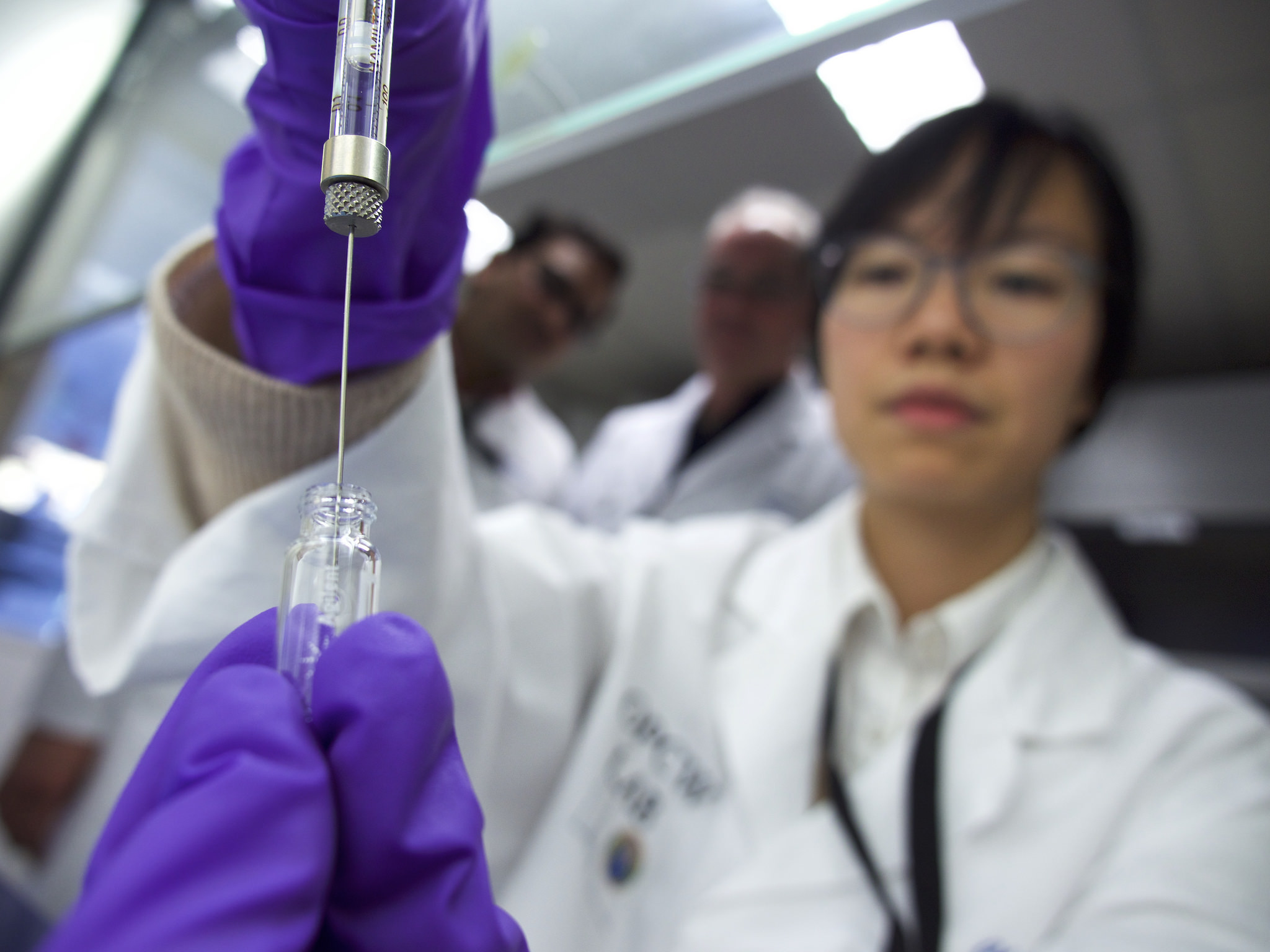I’m in my hometown of Ottawa this week for the Canadian Science Policy Conference. Shirtless Justin Trudeau hasn’t photobombed me… yet! But in many ways it has been a very Ottawa experience. There was a keynote by astronaut and Governor General Julie Payette. There was a keynote by Science Advisor Kirsty Duncan. And the mostly civil servants at the conference have been excitedly fawning over, tweeting about, and occasionally asking pointed questions of the politicians in the room.
Which leads me to a joke:
Preston Manning sits down next to you at lunch, and the first words out of his mouth are, “Would it be politically incorrect for me to say…”
Actually, this isn’t a joke. This just happened!
The possibly not PC claim was that women are especially well suited to doing science. The table full of women scientists and science policy workers raised their eyebrows slightly and paused. I finally said that it really depends on the reasons you give. He then proceeded to give the predictable reasons: that women are better at the team-building and collaboration that’s necessary for contemporary science, and that women don’t have the combative attitude that hinders this teamwork. Also predictably, he suggested that women are naturally this way, and cited having three daughters as evidence.
At the conference there has been a lot of talk about evidence-based science and especially DATA. We need the data, we need to make the data accessible, we need to sort out data privacy issues, etc. So let’s look at Manning’s last claim from a data-centred perspective. Women in Canada number in the tens of millions. Preston Manning has observed three of them. That’s a wildly insufficient sample size. If we look at the design of his study, further flaws are evident: fathers are not objective observers of their daughters’ abilities and personalities (sorry Dad!), and are confounding factors in the outcomes of their daughters’ upbringing (at least those fathers who are active parents). If he thinks women naturally have qualities like good social skills and willingness to work together, he will raise his daughters to have those qualities. So Manning’s tiny sample is also hugely biased.
The women at the table offered counterevidence: women are socialized to behave the way he describes, some women do have that combative attitude, etc. I would have illustrated by pointing out that the broken leg I had elevated next to the table was injured while playing roller derby, not while painting my toenails at a slumber party, but a panel discussion started, so the conversation ended.
I’m sure Manning chose to sit at a table full of women and opened with that topic because he genuinely wants to join the conversation about diversity in science. So, Preston Manning, if you’re listening, here’s a more detailed reply.
One of the major challenges women face in science (as well as academia generally, and in most families) is that we’re expected to do most of the emotional labour. We bake for the coffee breaks, we organize the retreats and conferences, we mentor the undergrads, we make sure that everyone is getting along and pulling their weight. Often this work isn’t even voluntary. I’ve heard many stories about junior women in academia being assigned these sorts of tasks in addition to their fair share of committee work. Suggesting that women are well suited to do science because science could benefit from this sort of “women’s work” plays right into the stereotypes that prevent women being more successful in science than they already are. This emotional work takes time, which means less time working in the lab and publishing. Not only does it take time away from actually doing science, these time-consuming efforts are worth pretty much nothing when it comes to getting into competitive graduate programs, being awarded fellowships, getting hired as Assistant Professors, getting grants, getting tenure, and being promoted. That the people doing the emotional labour have less time for the activities that are rewarded is a significant piece of the diversity problem.
So yes, it would be politically incorrect to say that women are especially well suited to doing science because they’re naturally better at these undervalued skills. Saying this condemns women in science to the thankless roles that push us out of the pipeline. Saying this does nothing to attract and retain more talent. Saying this does nothing to advance the conversation about diversity in science. If the goal is to foster more and better science in Canada, this statement is politically ill-considered and factually incorrect.
Here’s something you might say instead: Women are especially well suited to doing science, because girls outperform boys in math and science classes throughout school, and we can no longer afford to waste all that talent. If you want to take your advocacy for diversity in science one step further, another thing you could say is that tri-council funding should put more emphasis on applicants’ service work, particularly collaboration and team building activities. If you want to make even more of an impact, you could say that you support funding free daycare for graduate students and postdocs who have pre-school aged children, or include a childcare bonus in the tri-council funding structure, as many European research funds do. If you want more women to succeed in science, the way to do it is to lessen the load of “women’s work” expected of us, so that we have more time to do science, which we’re also naturally good at, in virtue of being large-brained primates.
Image credit: OPCW Laboratory in Rijswijk






